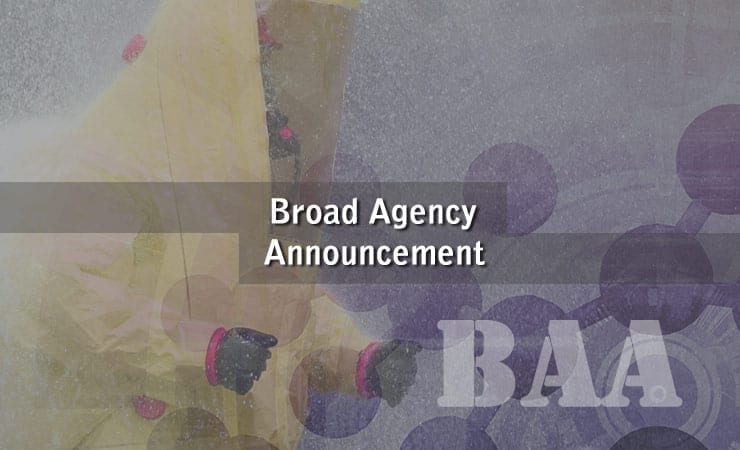The federal government is accepting proposals to advance the development of candidate medical countermeasures (MCM) or biodosimetry biomarkers and devices to reduce health impacts of exposure to radiation.
Acts of radiological or nuclear terrorism could involve the use of stolen or improvised nuclear devices, attacks on nuclear power plants or reactors, the detonation of a dirty bomb, or the placement of radiation sources in public locations or in food or water supplies.
In addition, natural disasters like the 2011 earthquake and tsunami in Japan, resulting in radiation release from the Fukushima Daiichi Nuclear Power Plant, further emphasizes the need for radiological countermeasures.
Overseen by the National Institute of Allergy and Infectious Diseases (NIAID), the Broad Agency Announcement aims to move viable candidates toward eventual FDA approval or licensure to assess, mitigate or treat Acute Radiation Syndrome (ARS) and thereby improve survival.
Organizations selected under this BAA will have identified promising lead MCM candidates and have preliminary data demonstrating increased survival by mitigating or treating Acute Radiation Syndrome (ARS) in vivo in an appropriate animal model when first administered 24 hours or later after radiation exposure, or will have a promising biodosimetry biomarker/device demonstrating accurate radiation dose within ±0.5 Gy.
NIAID estimates that up to 4 contracts will be awarded for a 3-year period of performance beginning on or about December 1, 2016. The average cost per contract is $1-2 million per contract award per year.
Further details are available via Solicitation Number: BAA-NIAID-DAIT-NIHAI2015042. The proposal response deadline is March 22, 2016.


